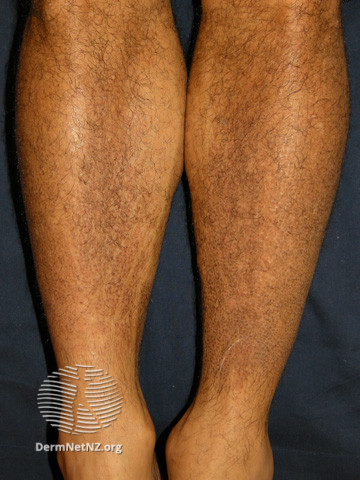
Whipple disease, also known as Gastrointestinal System Infection (GSI), is an inflammation of the lining of the small intestine. It is characterized by inflammation in the large intestine, which may result in vomiting, diarrhea, and abdominal pain. The small intestine contains a protective mucosal layer known as the mucosa, which is composed mainly of cecal amylase, amylopectin, and bile salts.
The thin, rough surface of the small intestine is covered with small, finger-like projections known as villi. Whipple disease is an uncommon but potentially serious bacterial infection that commonly affects the digestive tract and joints. Usually bacteria are held back in the intestines. The condition results in a white or yellow plaque in the upper intestine.
It is very important to treat the disease early so that it does not affect the digestive tract. The symptoms of Whipple disease are often mistaken for others gastrointestinal disorders. In most cases, people with Whipple disease often do not seek medical attention for their symptoms. If you have symptoms, it is important to see your doctor as soon as possible.
Because the symptoms of Whipple disease are caused by an overgrowth of bacteria, treatment focuses on keeping the bacteria away from the intestinal walls. Treatment should be used in conjunction with lifestyle changes, dietary modifications, and antibiotic treatment. When symptoms are mild, some of these treatments may not work.
Whipple disease symptoms can include bloating, gas, cramps, constipation, diarrhea, and loss of appetite. Other symptoms include nausea, vomiting, and abdominal pain. In severe cases, people may be diagnosed with irritable bowel syndrome. This condition causes abdominal pain and can cause low-grade fever. If your symptoms are caused by irritable bowel syndrome, you should see your doctor immediately.

Some people are diagnosed with irritable bowel syndrome because they have a family history of IBS
If you have a family history of this condition, your doctor may prescribe antibiotics and probiotics to help restore normal function of your digestive system and intestines. Certain foods can also cause irritable bowel syndrome symptoms. These foods include alcohol, caffeine, processed foods, high fructose corn syrup, and onions.
There are many things that can cause irritable bowel syndrome. However, a doctor will most likely want to evaluate your symptoms before prescribing any medications. If you have irritable bowel syndrome, it is important to try to change your diet and take steps to prevent or treat the problem. If you take antibiotics or have a family history of irritable bowel syndrome, it is important to avoid antibiotics while you are taking the antibiotics and to take probiotics to restore the proper function of your gut.
To treat the symptoms of irritable bowel syndrome, you may need to use antifungal drugs to treat the bacterial overgrowth. A dietary supplement can be used if your symptoms are caused by bacterial overgrowth in your colon. If you cannot find a suitable dietary supplement, you can also use probiotics to restore the proper function of the gut. Antibiotic treatments may be used to reduce the symptoms of Whipple disease.
It is important to understand that medications work only as long as they are taken. Many people with irritable bowel syndrome also experience diarrhea, which may be caused by other things, such as eating the wrong foods or drinking too much alcohol. If you take probiotics to restore the proper function of your gut and you also take antibiotics to treat the symptoms of irritable bowel syndrome, diarrhea is possible.
In addition to treating the symptoms of Whipple disease, your doctor may suggest surgery if you suffer from severe symptoms. Although this is rarely performed, it is still an option, especially if the symptoms are causing severe distress to you or your family.
Because all cases of Whipple disease are different, the treatment that will work for you will vary. It is important to talk to your doctor about your symptoms and your lifestyle and symptoms of Whipple disease to determine the best course of treatment for your particular situation.